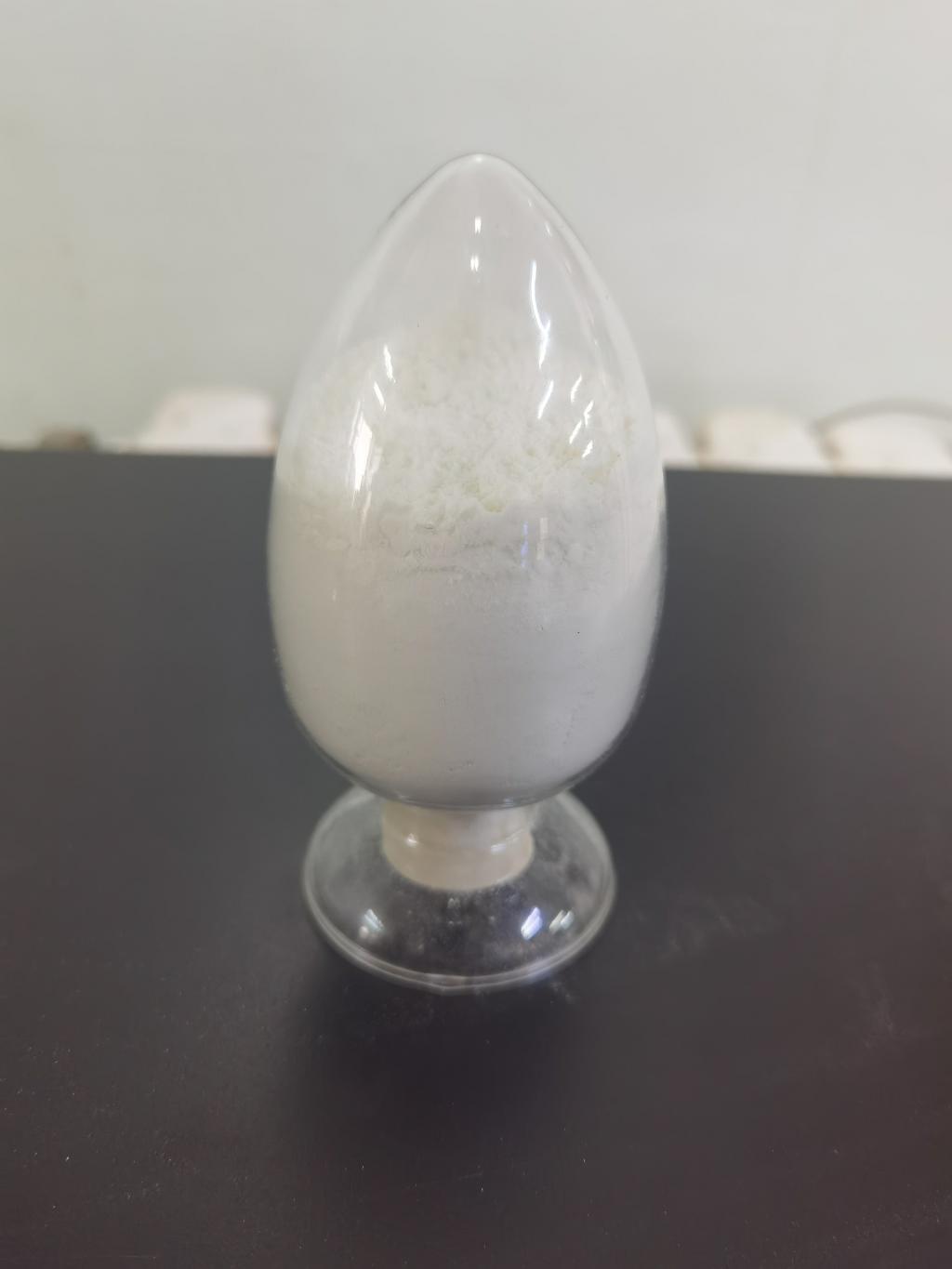Tel:0086 18231198596

News
ε-Polylysine Hydrochloride's Application in Novel Nutraceutical and Functional Foods.
TIME:2023-09-26
Understanding ε-Polylysine Hydrochloride
ε-Polylysine hydrochloride, commonly known as ε-poly-L-lysine or ε-PL, is a naturally occurring antimicrobial peptide produced by the bacterium Streptomyces albulus. This biopolymer is composed of multiple lysine amino acids linked together through peptide bonds, forming a chain with antimicrobial properties.
Key characteristics of ε-polylysine hydrochloride include:
Broad-Spectrum Antimicrobial Activity: ε-Polylysine hydrochloride exhibits antimicrobial activity against a wide range of microorganisms, including bacteria, yeasts, and molds. This broad-spectrum action makes it effective in controlling spoilage and pathogenic microorganisms in food products.
Natural and Generally Recognized as Safe (GRAS): ε-Polylysine hydrochloride is considered a safe and natural food ingredient. It has received the generally recognized as safe (GRAS) status from regulatory agencies such as the U.S. Food and Drug Administration (FDA) and the European Food Safety Authority (EFSA).
Heat Stability: ε-Polylysine hydrochloride remains stable at high temperatures, making it suitable for use in heat-treated food products and culinary applications that involve cooking or baking.
Minimal Impact on Sensory Quality: When used at appropriate concentrations, ε-polylysine hydrochloride has minimal impact on the sensory attributes of food, including taste, aroma, and appearance.
Shelf-Life Extension: ε-Polylysine hydrochloride can extend the shelf life of food products by inhibiting the growth of spoilage and pathogenic microorganisms, preserving their quality and safety.
Applications in Nutraceutical and Functional Foods
Preservation of Freshness and Quality
ε-Polylysine hydrochloride can be incorporated into nutraceutical and functional foods to extend their shelf life and maintain freshness. By inhibiting the growth of spoilage microorganisms, ε-polylysine hydrochloride helps preserve the nutritional content and sensory attributes of these products over time. This is particularly valuable for products containing sensitive ingredients like vitamins, antioxidants, and probiotics.
Enhanced Probiotic Stability
Probiotic-rich foods and supplements are gaining popularity due to their potential health benefits, particularly for gut health. However, probiotics are sensitive to environmental factors, such as heat, moisture, and oxygen, which can reduce their viability. ε-Polylysine hydrochloride can help protect probiotics by inhibiting the growth of harmful bacteria and molds that can compromise probiotic stability. This ensures that probiotic-rich products deliver their intended health benefits to consumers.
Reduced Dependency on Chemical Preservatives
Many functional foods and nutraceutical products rely on chemical preservatives to extend their shelf life. The inclusion of ε-polylysine hydrochloride allows for a reduction in the use of these synthetic preservatives, aligning with consumer preferences for clean label and natural ingredients.
Pathogen Control in Functional Foods
Functional foods often incorporate ingredients that are susceptible to pathogenic contamination, such as fruits, vegetables, and dairy products. ε-Polylysine hydrochloride's antimicrobial properties can help reduce the risk of foodborne illnesses by inhibiting the growth of pathogenic microorganisms, enhancing the safety of these products.
Food Fortification
Nutraceutical and functional foods are often fortified with vitamins, minerals, antioxidants, and other bioactive compounds to provide specific health benefits. ε-Polylysine hydrochloride can be used to protect these added nutrients from degradation due to microbial activity, ensuring that consumers receive the intended health advantages.
Enhanced Safety Assurance
Consumer demand for food safety and quality is on the rise. Incorporating ε-polylysine hydrochloride in nutraceutical and functional foods enhances safety assurance by reducing the microbial risks associated with these products. This is particularly important for vulnerable populations, such as children, the elderly, and individuals with compromised immune systems.
Challenges and Considerations
While ε-polylysine hydrochloride offers significant potential for improving nutraceutical and functional foods, several challenges and considerations must be addressed:
Dosage Optimization: Determining the appropriate concentration of ε-polylysine hydrochloride for specific applications is crucial to ensure effective preservation without negatively impacting sensory attributes.
Regulatory Compliance: Nutraceutical and functional foods must comply with regulatory standards in various regions. Collaborative efforts between food manufacturers and regulatory agencies are essential to navigate these requirements.
Sensory Impact: ε-Polylysine hydrochloride, when used in excess, can impart a bitter taste to food products. Careful formulation and sensory evaluations are necessary to maintain product palatability.
Consumer Awareness: Educating consumers about the benefits of ε-polylysine hydrochloride in nutraceutical and functional foods is important to gain acceptance and promote its use.
Conclusion
Nutraceutical and functional foods represent a growing segment of the food industry, driven by consumer demand for products that offer health benefits beyond basic nutrition. ε-Polylysine hydrochloride, with its natural origin, antimicrobial properties, and heat stability, presents a valuable ingredient for enhancing the quality, safety, and shelf life of these products. By addressing microbial contamination, preserving freshness, protecting sensitive ingredients, and reducing the need for synthetic preservatives, ε-polylysine hydrochloride contributes to the development of innovative and health-focused food options. As consumer awareness of the importance of nutrition and food safety continues to rise, the incorporation of ε-polylysine hydrochloride in nutraceutical and functional foods offers a promising path towards meeting these evolving dietary preferences.

 CONTACT
CONTACT




